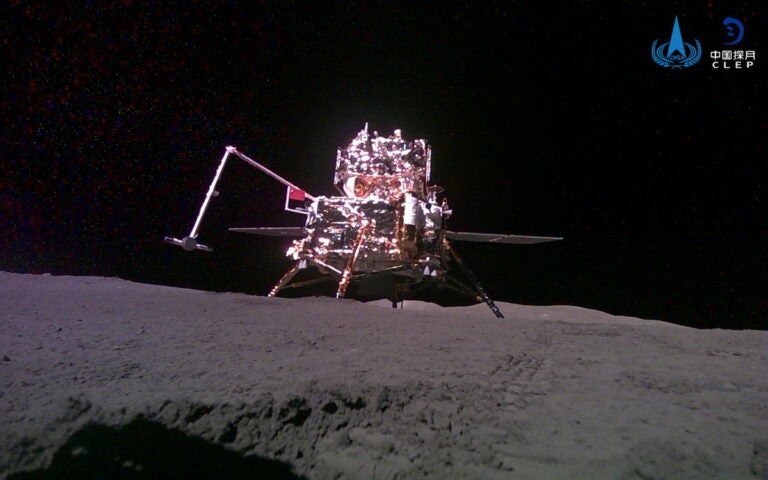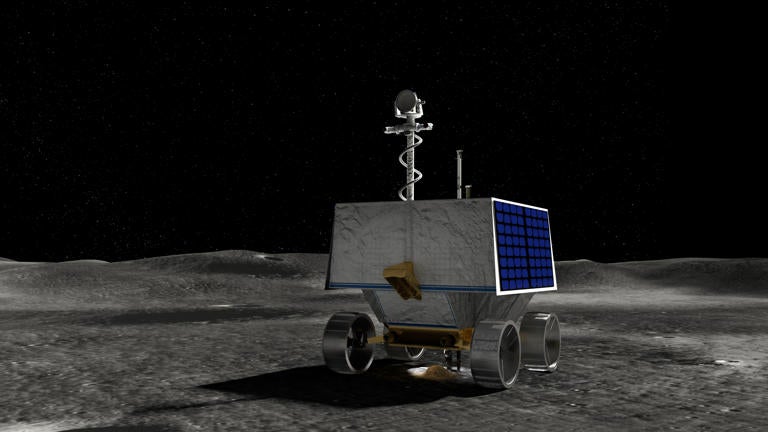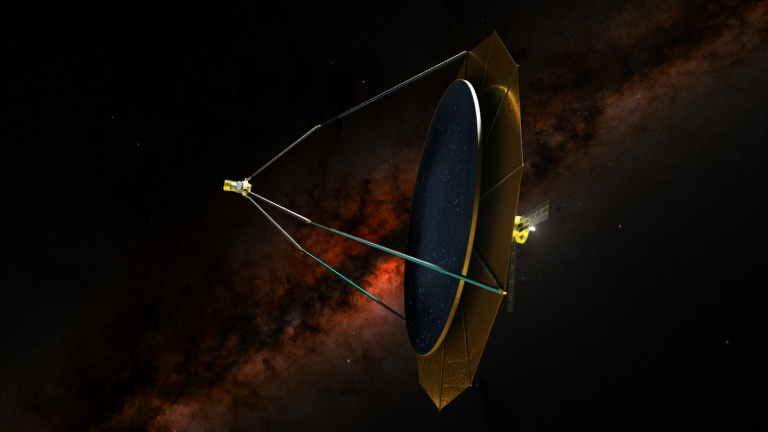A great amount of time and effort is spent ensuring the mental and physical well-being of astronauts aboard the International Space Station (ISS), and new research shows that increased body temperature is another factor to consider when evaluating astronauts’ health.
In the study, published January 5 in the journal Scientific Reports, researchers at Charité — Universitätsmedizin Berlin found that the resting body temperatures of astronauts aboard the ISS increased to about 100.4°F (38°C) over time, a noteworthy jump from the 98.6 °F (37°C) average. Even larger surges were noted during periods of physical activity, with recorded temperatures of over 104°F (40°C).
Professor Dr. Hanns-Christian Gunga, Deputy Director of the Institute of Physiology, and his team of researchers used sensory technology to record the gradual but significant increase in body temperature over a 2.5-month period. “We developed a new technology which combines a skin surface temperature sensor with a heat flux sensor, and which is capable of measuring even minor changes in arterial blood temperature,” said Professor Gunga in a press release.
The team used the sensors to measure the astronauts’ core body temperatures during periods of physical activity and rest before, during, and after their stay on the ISS. The results show that the increase in core temperature is caused by the body’s weakened ability to eliminate excess heat during weightlessness. Furthermore, the researchers found that the evaporation of sweat occurs more slowly, explaining the substantial spike in body temperature during ISS physical activity tests.
Identifying this possible threat to space travelers will help scientists address and curb any physical and cognitive risks that are associated with drastic changes in body temperature, potentially increasing the health and well-being of astronauts during prolonged space missions.










